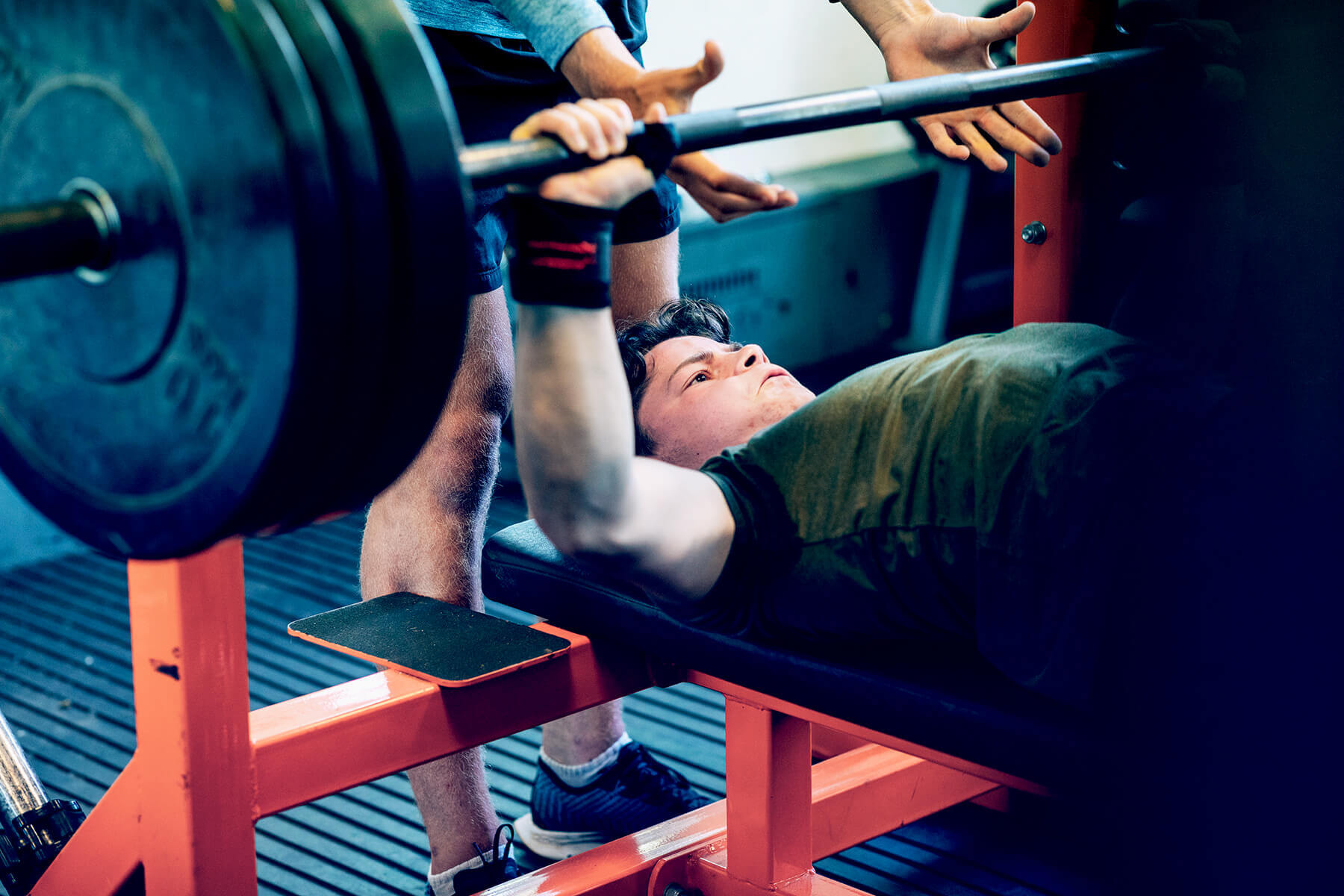Do you need to periodize your training to maximize your muscle and strength gains, or can you get equally good results from ‘just training’ as long as the basics are covered?
Overview
What did they test? The authors examined the currently available literature to understand the effect of periodization on strength and hypertrophy.
What did they find? Periodized protocols led to more strength gains than non-periodized protocols but did not lead to greater hypertrophy gains.
What does it mean for you? Some form of periodization may be a good idea for strength and hypertrophy, however, it seems like it may be less important for the latter.
What’s the Problem?
As mentioned in issue 10, Volume 2 of REPS, “periodization formally refers to how one manipulates different training-related variables (eg: load, intensity of effort, frequency etc) in order to be in peak performance for a specific event, usually a competition. One of the “OGs” in the field of Sports Science, Professor Mike Stone defines periodization as “a logical phasic method of varying training volume, intensity factors, and exercises in order to optimize training progress”.
We previously looked at block and mixed-session periodization and their respective effects on strength and hypertrophy; however, today, we’re taking a step back and taking a more holistic look at periodization as a whole to figure out whether periodizing your training, regardless of which specific model you choose, makes a difference as far as your gains go.
As it stands, there are very few studies looking at the concept of periodization and its effects on strength and hypertrophy for periods longer than roughly 16 weeks, and any studies available usually look at comparing different periodization models (eg, linear vs. daily undulating periodization), for relatively short periods (eg, 8-10 weeks). Regardless, there’s plenty of literature comparing periodized vs non-periodized protocols, which should still allow us to get a general idea of whether periodization has much to offer for those interested in getting bigger and stronger.
In the fitness community, some people will advocate for carefully planning your training in advance, structuring training blocks in a way where each training week smoothly transitions to the next and where intensity, volume, and load are all pre-planned to, supposedly, allow you to make optimal strength and/or hypertrophy gains. Such an approach makes sense for ‘cookie-cutter’ training templates that are either sold or distributed for free, as they aim to guide you through training and remove some of the usual guesswork, but is really necessary if you’re planning your own training?
Planning well in advance also makes sense for some strength and physique athletes who train for specific events throughout the year, as they may need to have distinct phases of “off-season” and competition-specific training. But does the average individual wanting to make substantial strength and muscle gains need to plan well in advance or even bother with any periodization models?
Intuitively, a meticulously planned training cycle should lead to better results than “just training hard,” but do you really need to have every detail of your training cycle figured out, or could there be a middle-ground solution where your training is somewhat structured but not strictly periodized?
Let’s find out!
Purpose & Hypothesis
The authors did not formally state a hypothesis, but they aimed to review and meta-analyze the currently available literature to understand the effect of periodization on muscle strength and hypertrophy in volume-equated programs. The latter is of particular importance as training volume can play an essential role in hypertrophy gains and also have some effect on strength development. Thus, comparing protocols with different training volumes would not really allow for a clear look at the overall effect of periodization on strength and hypertrophy gains. In addition to the above-stated aims, the authors also wanted to look at whether training status, i.e., trained or untrained, plays a role in the effect of periodization on strength and hypertrophy.







